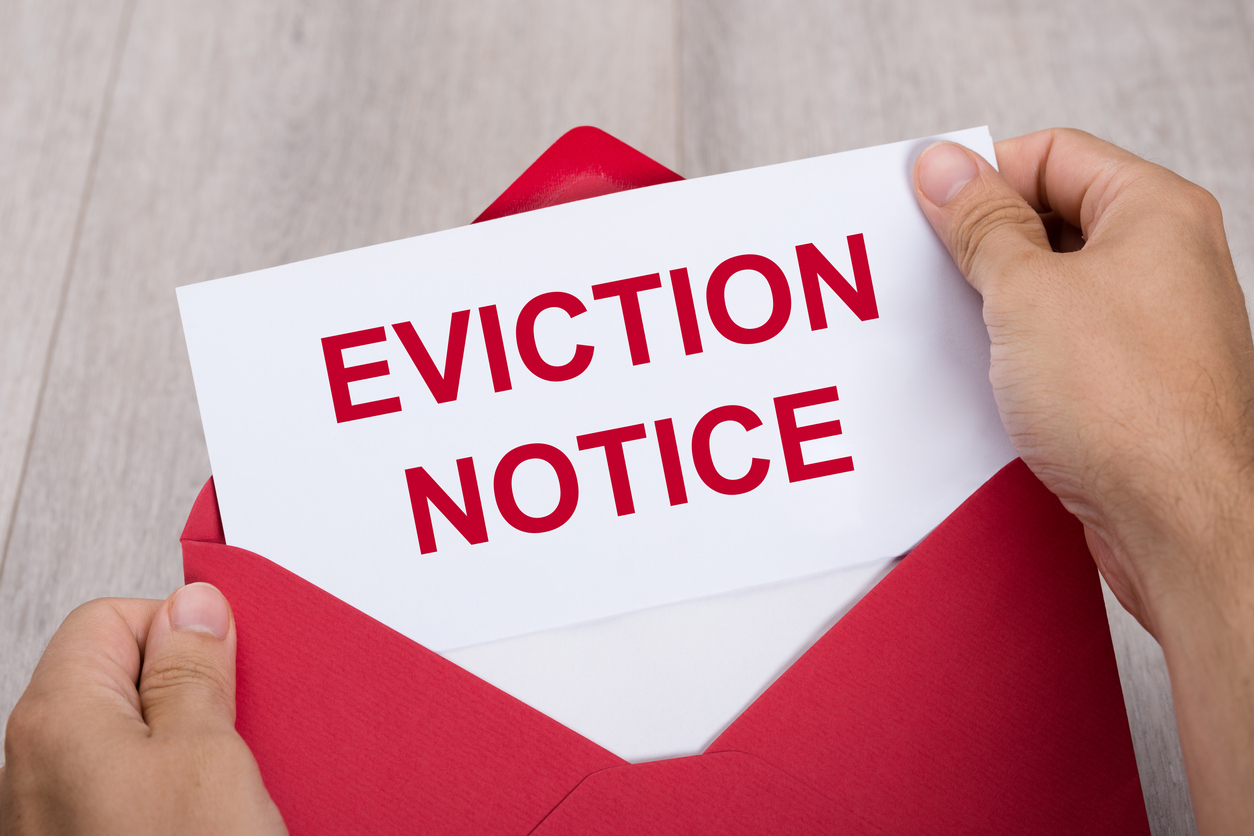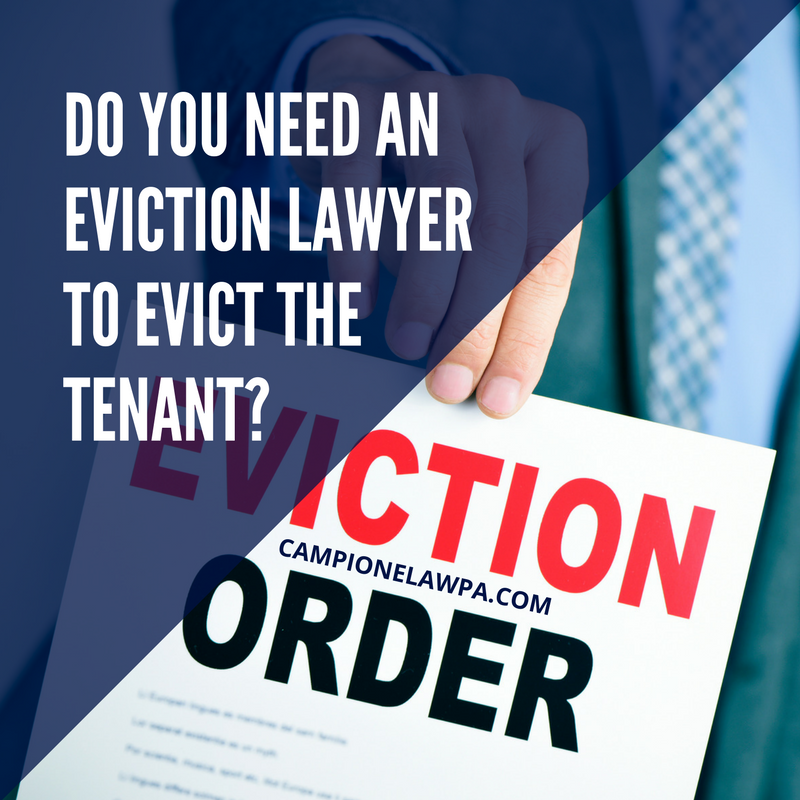An Overview: Navigating Delaware's Eviction Laws
An Overview: Navigating Delaware's Eviction Laws
Blog Article
Like a property owner or renter in Delaware, it’s crucial to possess a very good understanding of eviction regulation. Eviction is actually a authorized process for getting rid of a tenant from a lease residence, and there are particular regulations in place to shield each tenants and landlords. With this post, we’ll cover the basic principles of eviction notice in Delaware and answer many of the most commonly requested queries.

Reasons behind Eviction in Delaware
A property owner can only legally evict a tenant if they have a real reason, such as non-payment of rent, violating the rent agreement, or carrying out illegal activities in the house. If your landlord would like to evict a renter without a acceptable reason, it is considered an unlawful eviction. In Delaware, a property owner must supply written notice to the tenant before filing eviction.
Eviction Method in Delaware
The eviction procedure in Delaware typically begins with a composed observe on the tenant. When the renter falters to abide by the discover, the landlord could then file for eviction in the court. The tenant will then receive a courtroom summons and have the possibility to attend a hearing to dispute the eviction. In the event the court regulations in favor of the property owner, a writ of property could be given, and also the community sheriff will enforce the eviction.
Tenant Counsel in Court
Tenants have the legal right to authorized counsel during an eviction ability to hear, and it’s advised that they seek authorized advise before attending. If your renter struggles to afford to pay for an attorney, they may be able to find free or lower-charge authorized assist services in Delaware.
Renter Protections in Delaware
Delaware legislation gives a number of protections for renters in the eviction process. By way of example, a landlord cannot physically remove a tenant or their valuables in the house without having a judge order. Renters likewise have the right to contest an eviction in court and request much more time to leave the premises.
Landlord Duties in Eviction Circumstances
Landlords in Delaware have a number of responsibilities throughout the eviction method. By way of example, they have to supply written recognize to the tenant before filing eviction and cannot change the locks or shut off utilities to force the renter to vacate the property. When a property owner violates a tenant’s rights during the eviction method, they can be at the mercy of legitimate charges.

Verdict:
To conclude, knowing eviction law in Delaware is very important both for property owners and renters. When you are a property owner, it’s important to follow the authorized process for eviction and ensure that you use a justified reason for the process. Tenants should be aware of their rights throughout the eviction process and might want to seek lawful representation. With a fundamental knowledge of eviction rules in Delaware, equally property owners and tenants can safeguard themselves and get away from needless authorized quarrels. Report this page